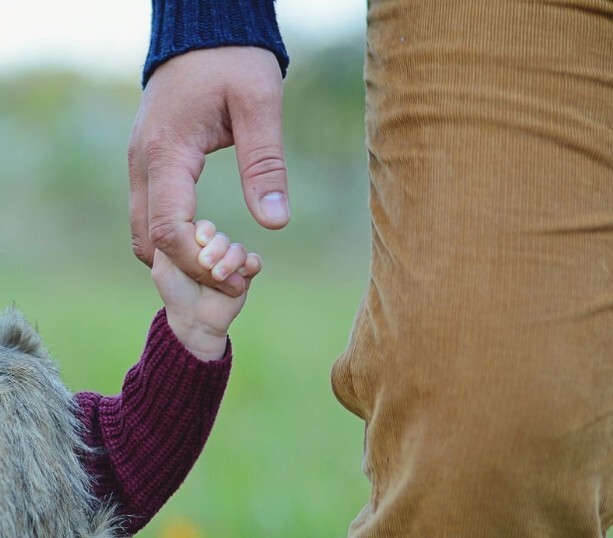About us

Why we exist
The Centre for Relational Care is an independent, not-for profit advocacy body committed to the fundamental transformation of child protection and out-of-home care (OOHC).
We want all kids impacted by out-of-home care to experience safe, secure relationships with attuned adults who are in their corner. But too many children grow up in deep relational deprivation because the system struggles to prioritise human connection over bureaucracy.
We’re currently focusing on the out of home care system in NSW where:
- Over 15,000 children have been removed from their families and placed into state care. More than two thirds experience frequent placement changes; around 30% have four or more breakdowns - that’s four times a child has been told ‘you can’t live here anymore’. First Nations children are 12 times more likely to be in care. Hundreds of children live in facilities where all the adults in their lives are rotating shift workers.
- Kids are being raised in red tape. Rules and regulations for NSW child protection have more than doubled in 20 years. There are now nearly 1000 pages of regulations and guidelines, plus thousands more for accreditation from the Office of the Children’s Guardian.
- At least 14 major reform attempts in NSW over the past two decades have tinkered with the edges but haven’t improved the experience for children.
- Costs are spiralling and unsustainable: Out-of-home care spending in NSW rose 45% in five years, from $1.4 billion to $2 billion. The system continues to operate over budget, with a $500 million overspend on emergency accommodation.
Who we are
Launched in 2023, the Centre for Relational Care is working with like-minded people across the care sector to develop practical, alternative solutions to the current child protection and out-of-home care system.
We are an independent voice for everyone who believes that our most vulnerable children deserve better. Our work is funded through philanthropic donations.
A better way
We are calling for a shift to a Child Connection System – a relationship-first approach that is community-led, reduces unnecessary bureaucracy, financially sustainable, and makes government the last resort, not the first.
The neuroscience is clear: consistent, stable and positive relationships are essential for children who have experienced maltreatment. These relationships help them move beyond hypervigilance and begin to heal.
Three key drivers of change can be actively progressed now:
- Measure what matters – which is the quality of a child and family’s relationships and their lived experience.
- Reframe risk – to include the risk of relational deprivation, and not just ‘system’ risks that protect adults and institutions.
- Put people over paperwork – keep rules to a sensible minimum, so time goes to children not bureaucracy.
Working with others
Many people are working to change how out-of-home care is provided in Australia.
We have built a strong network of supporters and continue to build the movement for change with government, the care sector, and community organisations.
We work alongside others to influence policies, encourage relational care practices and design for better outcomes.
We are a truly independent voice for all people who are, or have been, impacted by the child protection or out-of-home care systems. To continue our work and remain independent, we rely 100% on donations.
We are committed to disrupting the poor practices that disproportionately affect Aboriginal and Torres Strait Islander children and families. The embodied knowledge in First Nations ways of knowing, being, and doing, can show the broader care system not only what is best for First Nations children and young people, but for all children and young people. We fully back the repeated calls from First Nations organisations for self-determination and community control, so they have the power and resources to lead relational, wrap-around care for First Nations children and families.
